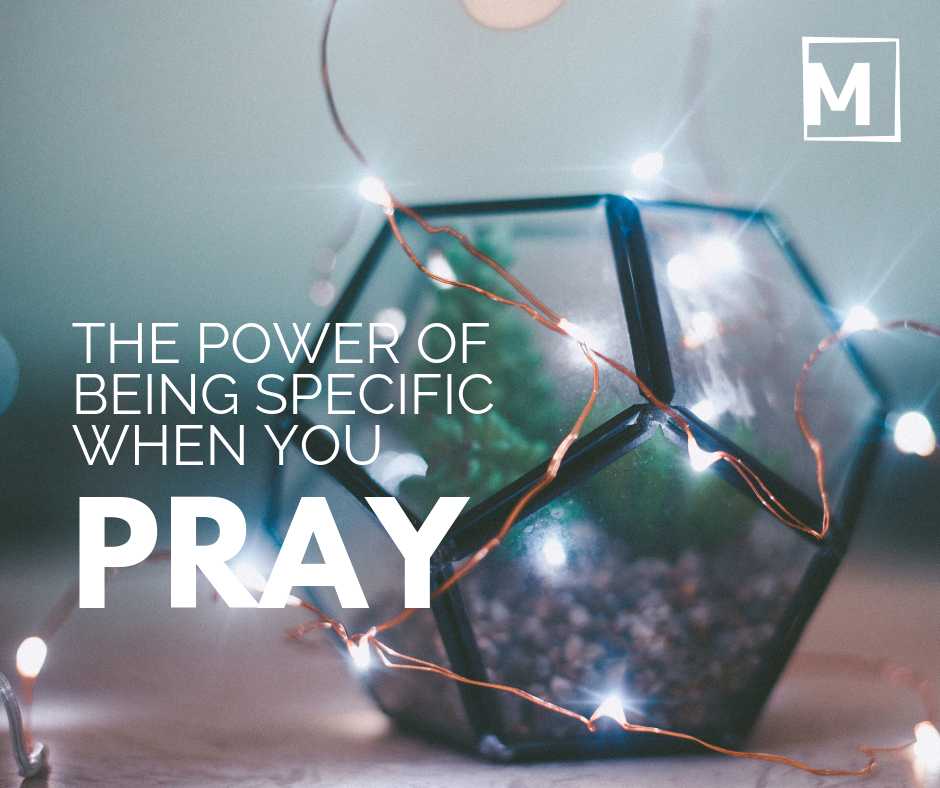Morning routines- we all have them. Even if you feel as if you’re not a morning person, you probably have a set of things that you do each morning.
Ordinary things, like brushing our teeth and having breakfast... these fill our day if we just notice them. You may even have an evening routine too.
One of the most significant topics in The 5 Habits of Prayerful People is that of morning routines. A morning routine, if designed well and with an eye towards prayer, can change your entire day.
By practicing a strong morning routine, you’ll build spiritual momentum.
What does yours look like? In this post, I thought I would share with you what my typical morning routine looks like as of May 2019. Here goes:
5:30am Wake up and use the bathroom
5:35 Prepare the coffee and walk the dog
5:45 Pour the coffee and feed the dog
- 5:50 Morning devotions (Daily Mass readings, read 5-7 blogs, write in DayOne journal, close eyes for five minutes of silence; pray the Litany of Humility)
- 6:30 Wake up everyone for school
- 8 Attend morning Mass
That’s it. It’s not magic and it’s not fancy. What it is is intentional and happens nearly every day. Some days, like when I return from a business trip, I need to spend extra time with Cary and the kids in the morning. But most days, this routine is where my day begins and it works really well for me.
The Ordinariness of Your Routine
This is an important thing to mention. On most days, my routine happens and I don’t have any kind of mystical experience. There are so many factors that contribute to this, including:
Tiredness
Distraction
My family up early and moving about
Sleeping in
Waking up in a hotel for work and having to recreate normalcy
Spending too much time reading the news
Feeling bored
Feeling sad
You can probably relate. The thing is that the human dynamic is complex. The point of the morning routine is to gently push back on all of these factors, practicing your devotions and as a result, compensating for a lack of will power. As I say in The Five Habits, will power is overrated. Spiritual momentum, that’s where it’s at.
By designing a morning routine that fits your personality and the unique way that God has wired you to pray, your entire day will benefit.





